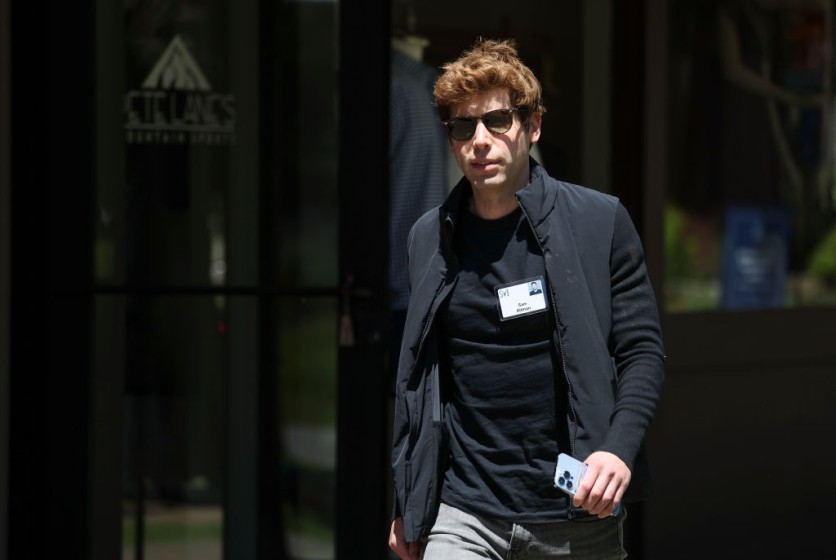OpenAI CEO, Sam Altman, has expressed his apprehension towards the potential of the AI chatbot ChatGPT, admitting that he is "a little bit scared" of the capabilities of the tool.
In a recent interview with ABC News, he raised concerns about how the chatbot could be used for malicious purposes, leading to the elimination of human jobs.
According to Altman, ChatGPT has the ability to "eliminate" many human jobs, which he finds concerning. He states, "We've got to be careful here. I think people should be happy that we are a little bit scared of this."

Fear of Human Control
Altman's concern is that while ChatGPT is a tool that is "very much in human control," he fears which human will control it.
He warns, "There will be other people who don't put some of the safety limits that we put on. Society, I think, has a limited amount of time to figure out how to react to that, how to regulate that, how to handle it." Altman's concerns are not unfounded.
He believes that the AI bot could be used for large-scale disinformation and offensive cyberattacks. He noted that they are now becoming better at writing computer code and could be used for offensive cyberattacks.
Read Also : OpenAI Debuts GPT-4, Next-Gen AI Model with Image Input, Improved Performance-To Power Bing?
The New ChatGPT-4
OpenAI has recently launched ChatGPT-4, which is more advanced and capable of tasks like composing songs or writing screenplays.
The company has stated that the new chatbot is "more creative and collaborative" than its previous versions. Furthermore, OpenAI has introduced ChatGPT Plus, a subscription for users in India that provides early access to new features, including GPT-4.
However, Altman admitted that the AI chatbot can replace many jobs, which could result in major technological shifts in a single-digit number of years.
He believes that while humanity has proven that it can adapt wonderfully to major technological shifts over time, the speed at which ChatGPT can replace jobs is worrisome.
He stated, "Human creativity is limitless, and we find new jobs. We find new things to do." Despite Altman's concerns, OpenAI continues to develop and advance the capabilities of its AI chatbot.
While the company has implemented safety measures to ensure that the tool is "very much in human control," the potential for its misuse is still a significant risk.
ChatGPT was introduced by OpenAi in June 2020, however, it has since gained much steam in November 2022. It is relatively new but millions around the world are already using it.
However, it remains to be seen how society will react and handle the emergence of AI technology and its impact on the job market.
Related Article : Crochet Creators Request Patterns From ChatGPT: Can AI Take Over Fiber Arts or Are the Designs Too Weird?

ⓒ 2026 TECHTIMES.com All rights reserved. Do not reproduce without permission.




